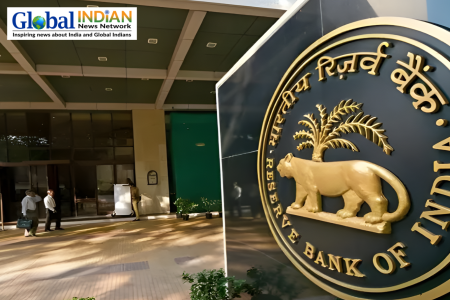
According to a white paper from the Forum for Progressive Gig Workers, India’s gig economy is expected to grow at a compounded annual growth rate (CAGR) of 17%, reaching a gross volume of US$ 455 billion (Rs. 38.42 lakh crore) by FY24. This sector is expected to play a pivotal role in India’s GDP, contributing an estimated 1.25% by FY30 and creating 90 million long-term jobs. Industries such as e-commerce, transportation, and delivery services are key drivers of this growth.
The report highlights the expanding importance of gig workers, with the workforce expected to increase to 23.5 million by FY30. Tier-II and Tier-III cities are becoming key hubs for gig economy growth. Companies like Amazon, Flipkart, Zomato, and Swiggy are also providing essential welfare initiatives, such as raincoats for delivery workers and safe rest areas during extreme weather, to improve working conditions.
However, experts caution against overburdening gig economy employers with excessive welfare regulations, stressing the importance of flexible and standardised guidelines to maintain the sector’s efficiency and sustainability. The gig economy is positioned to be a key contributor to India’s economic future, driving job creation and economic growth.













